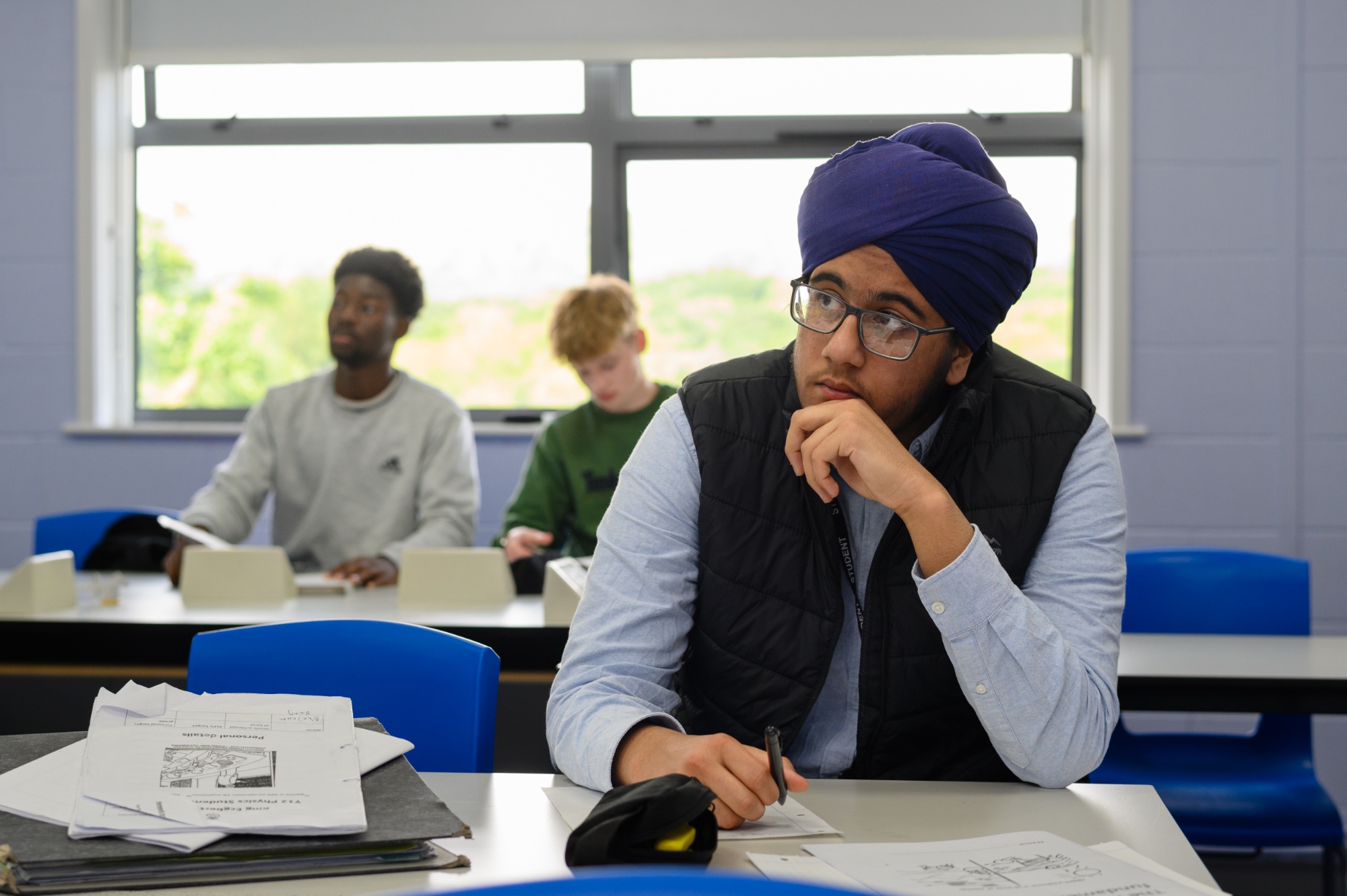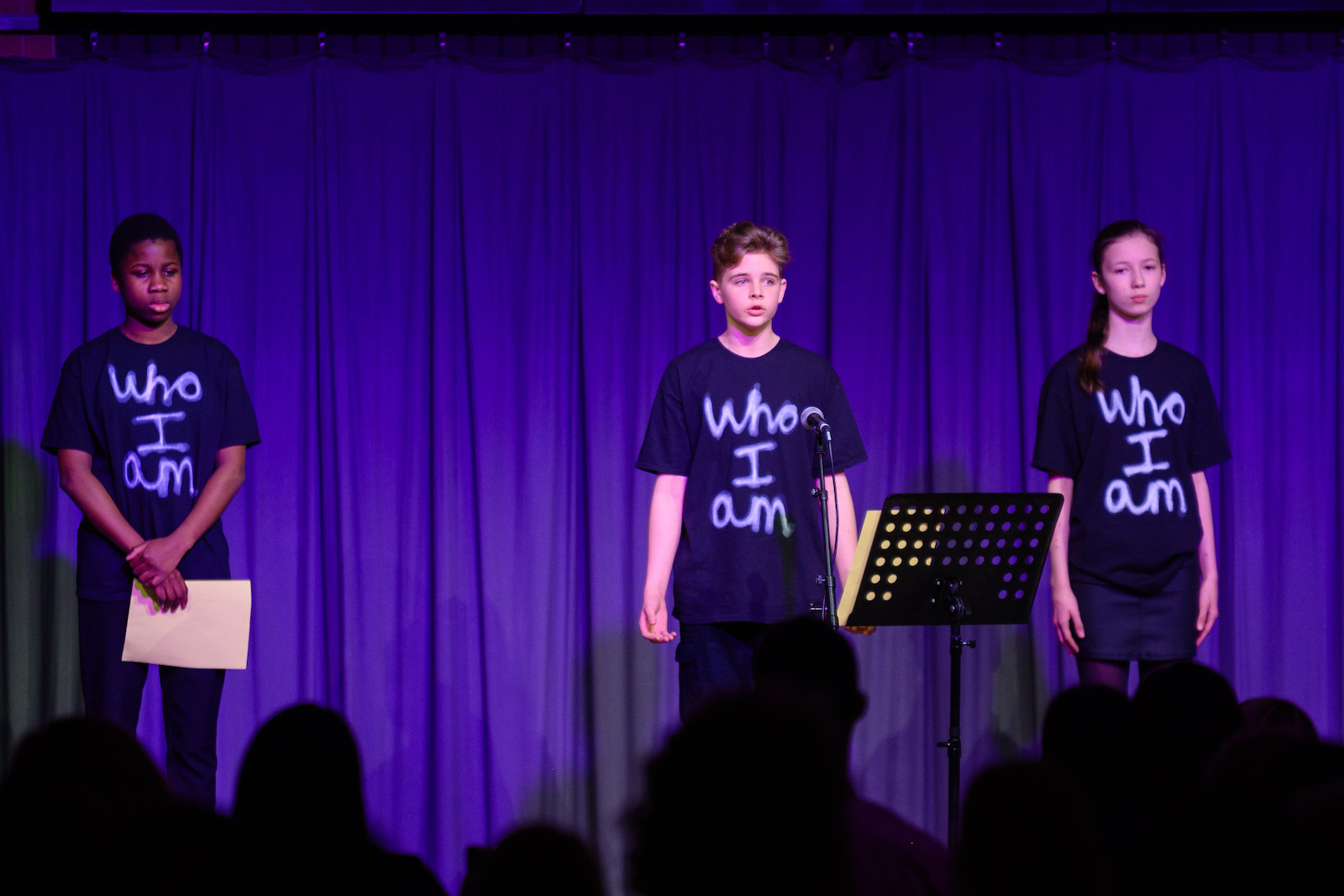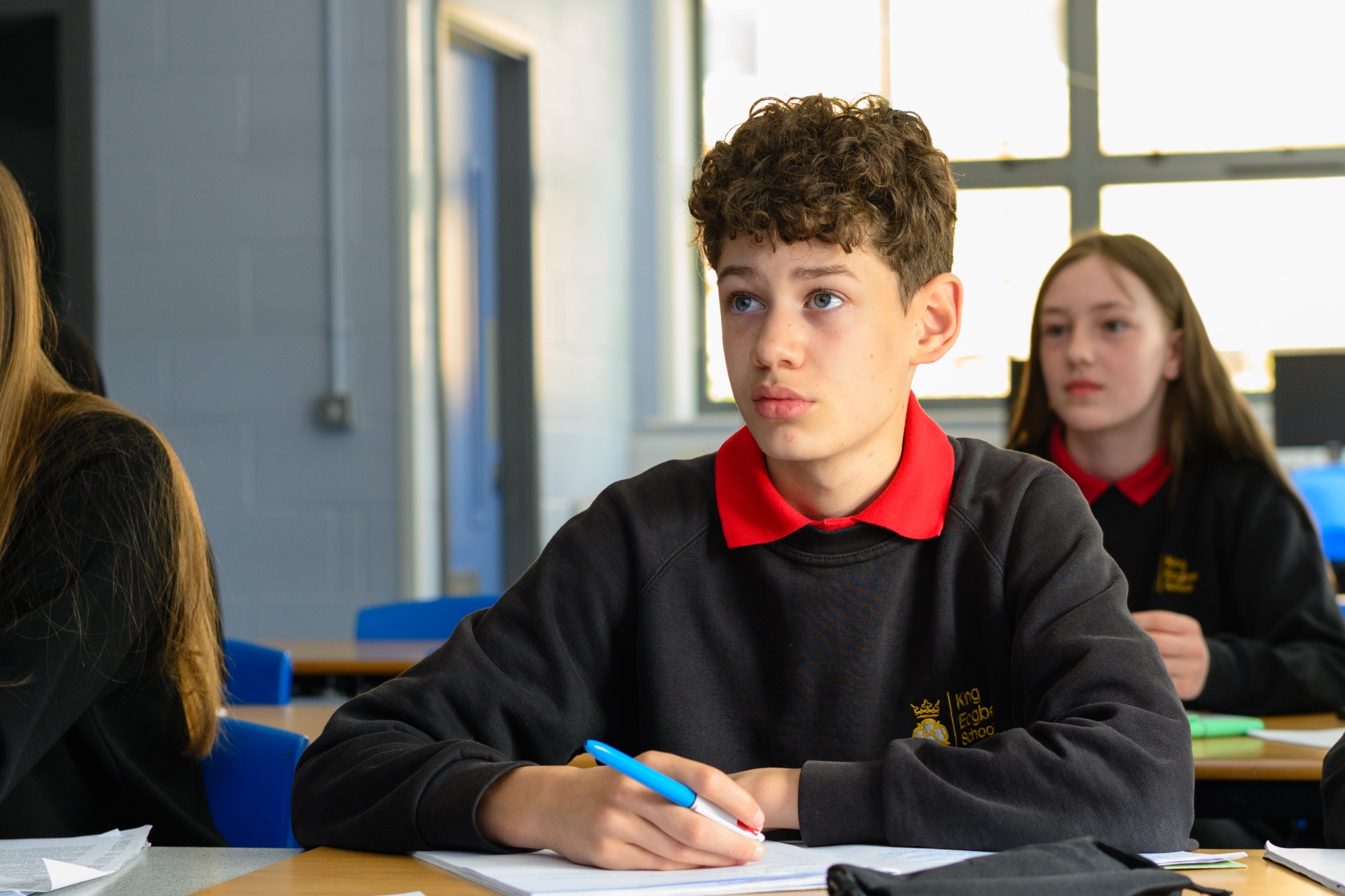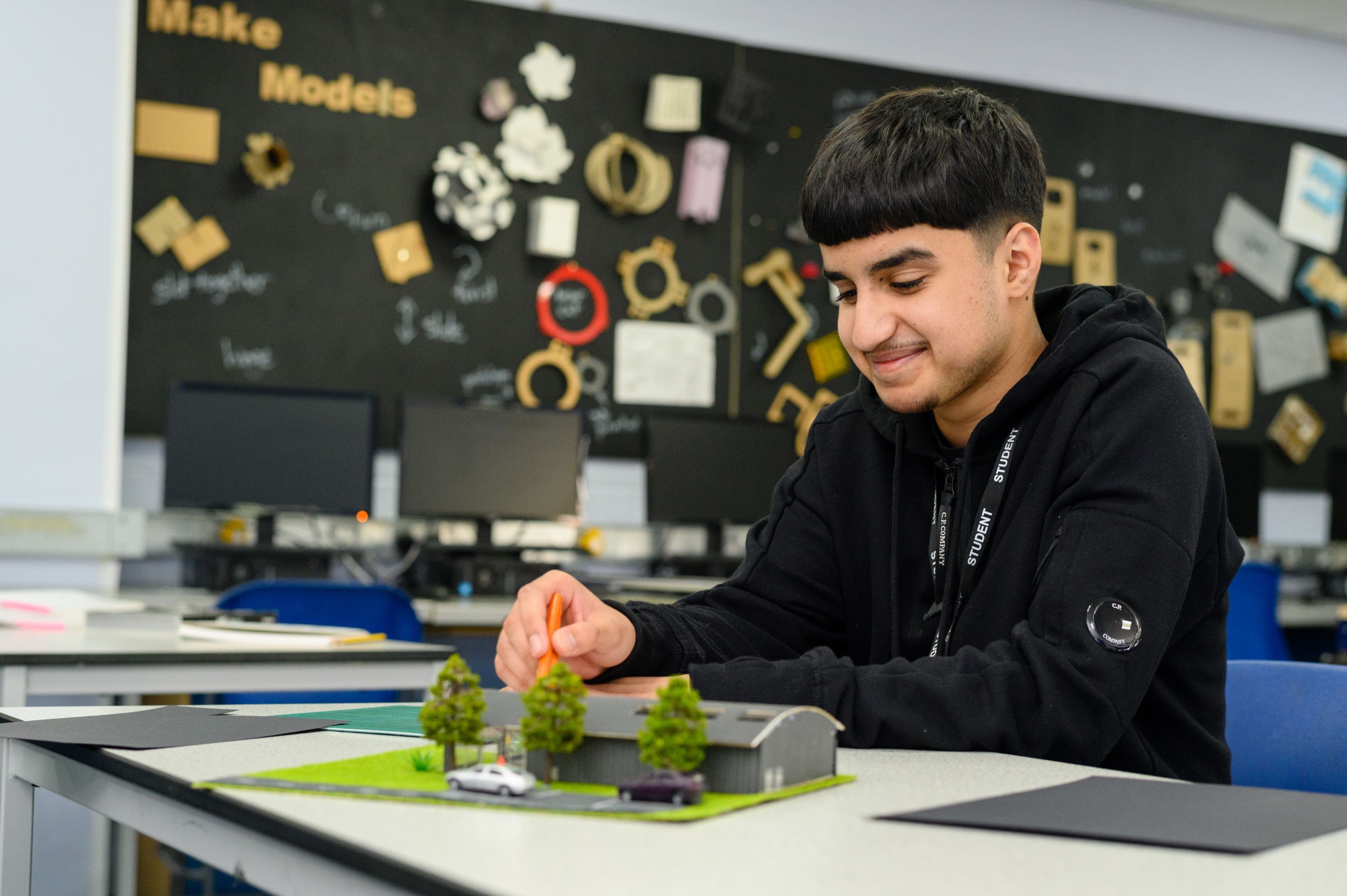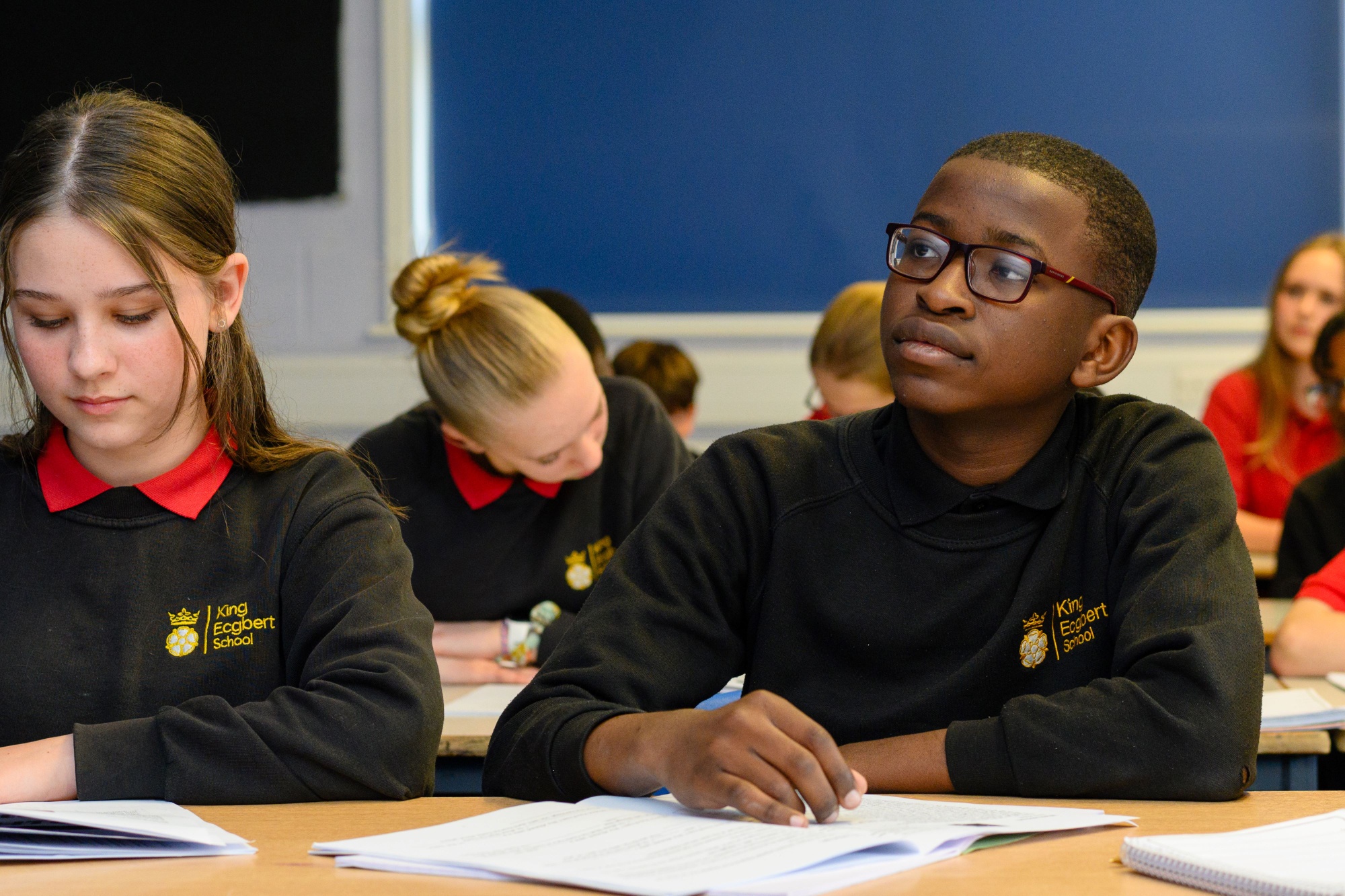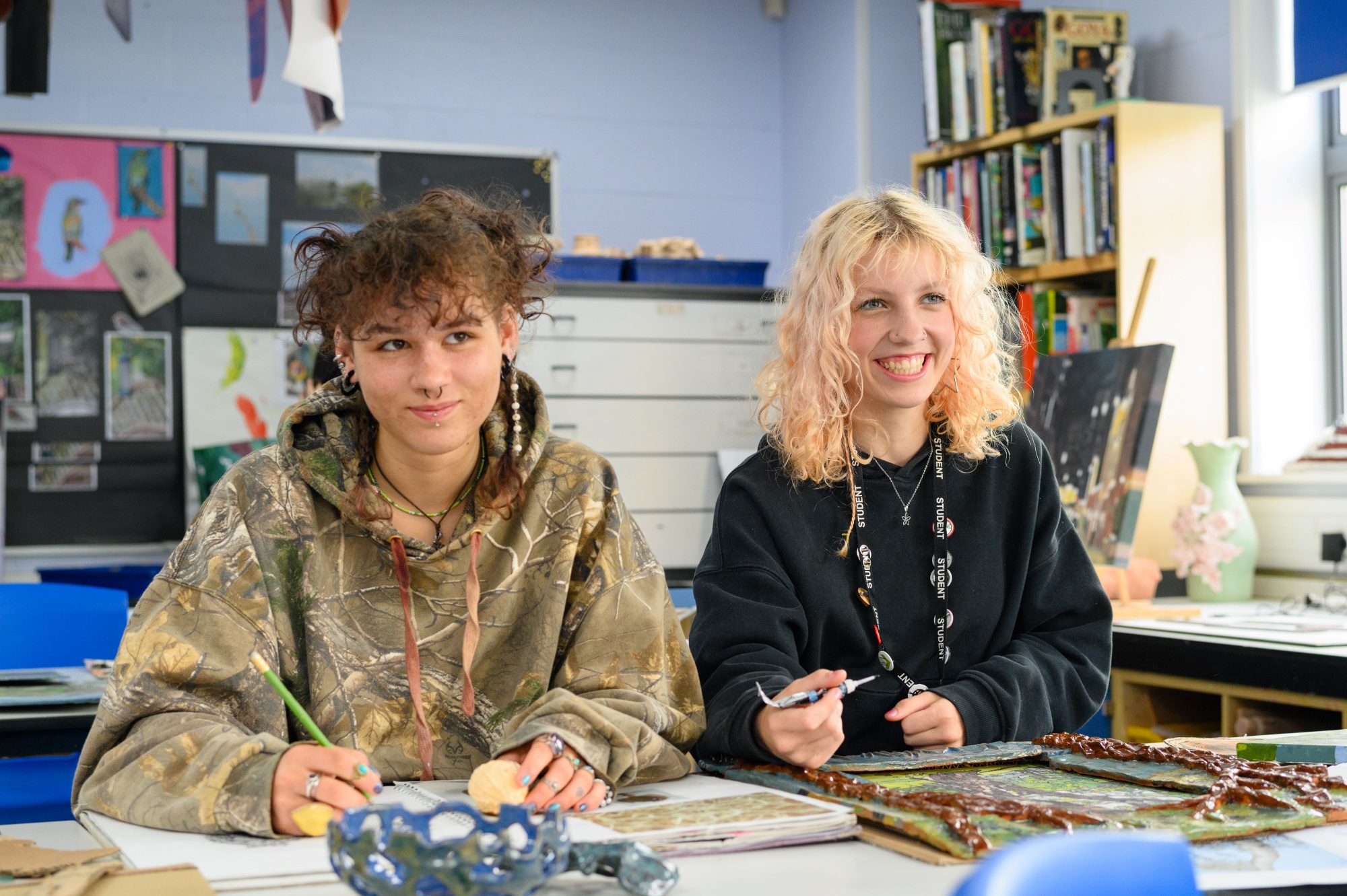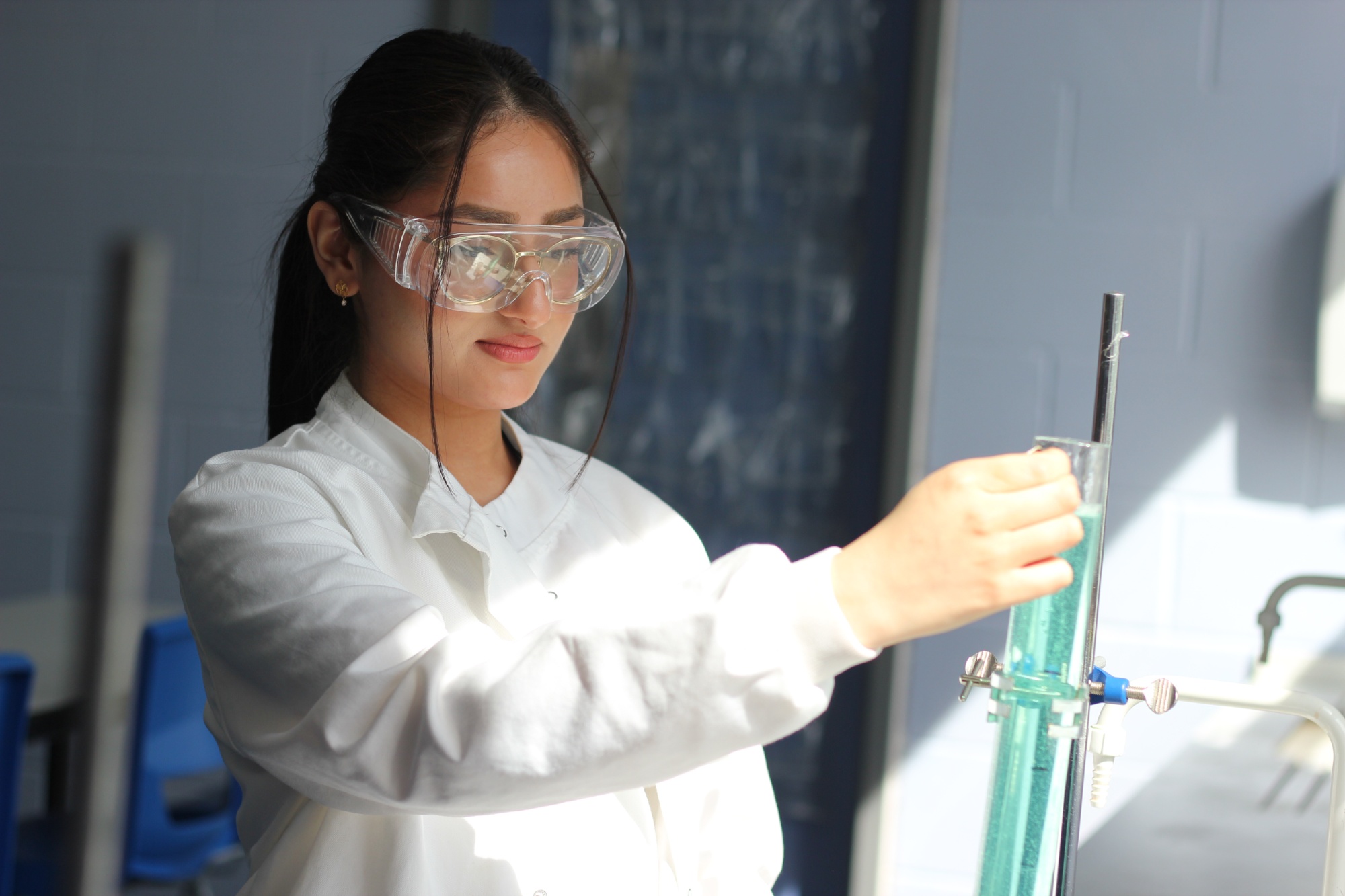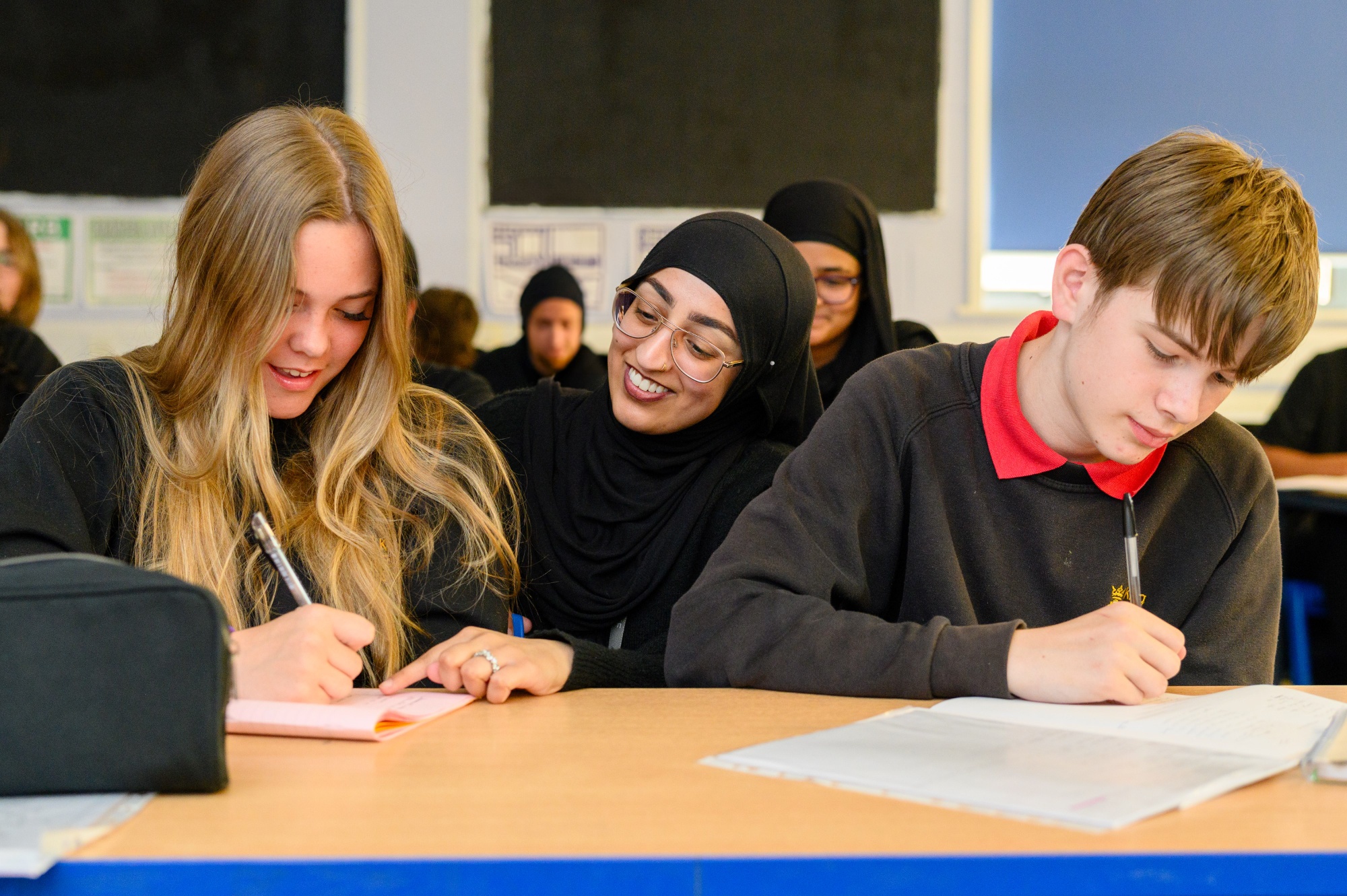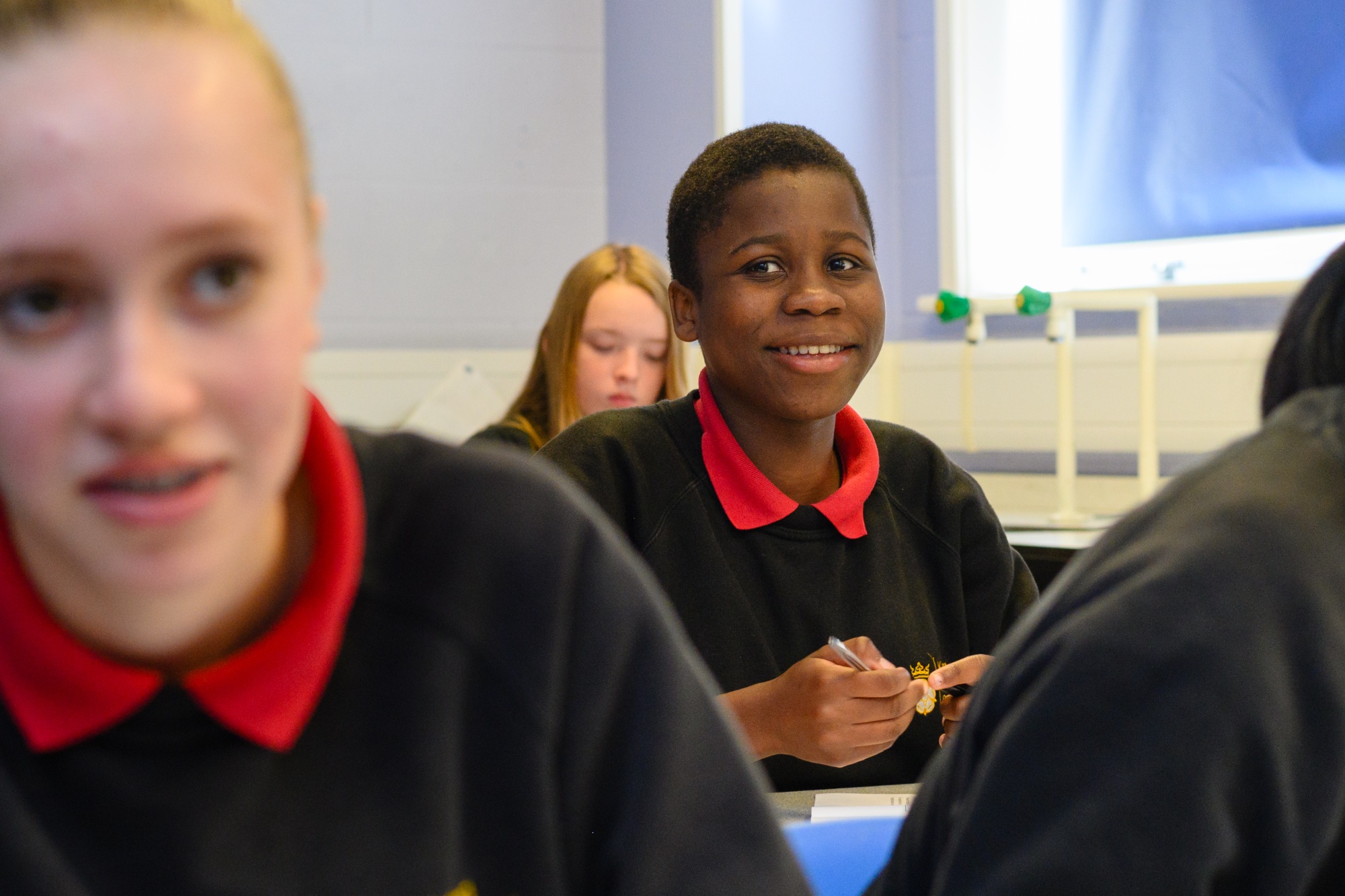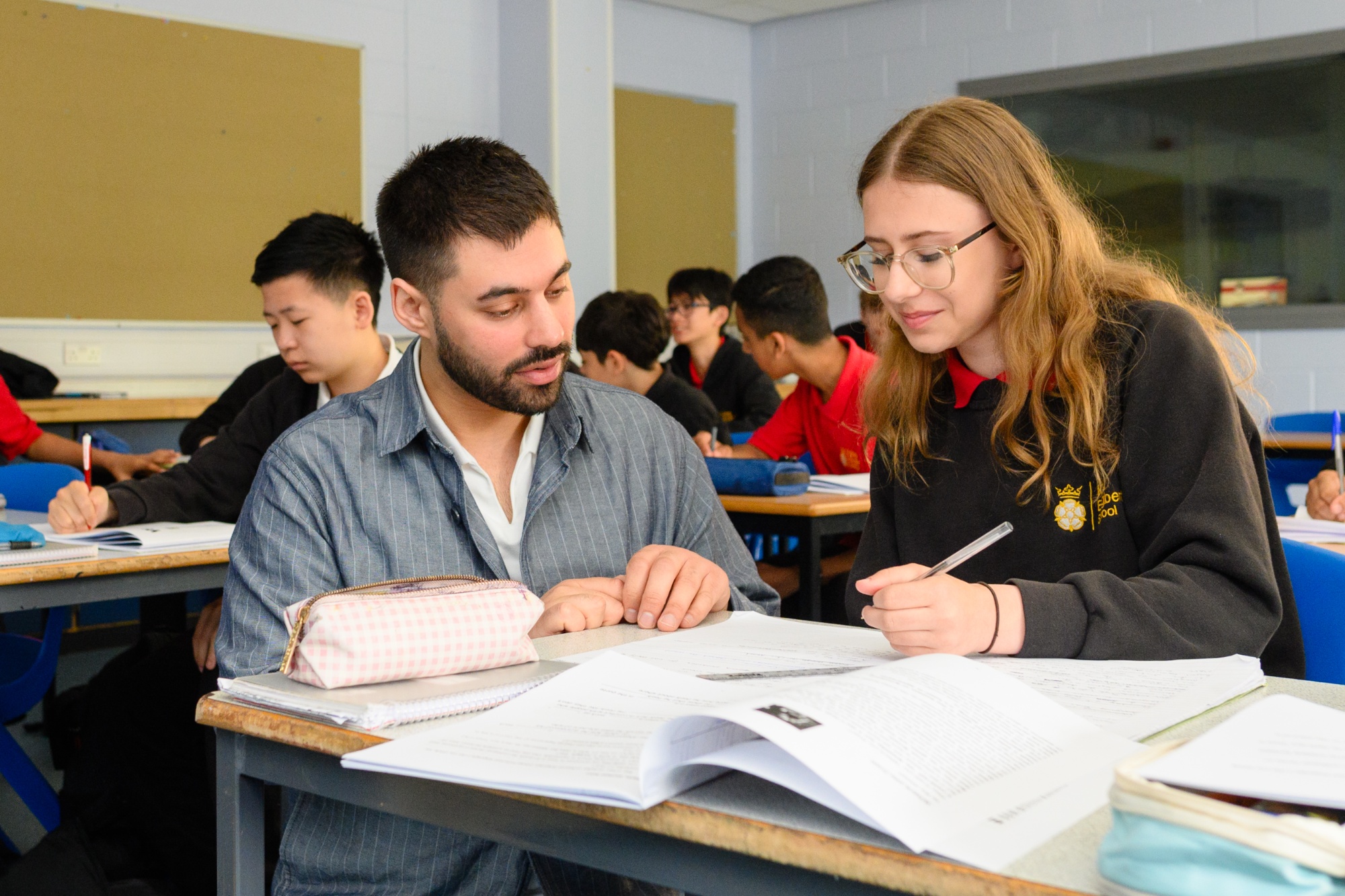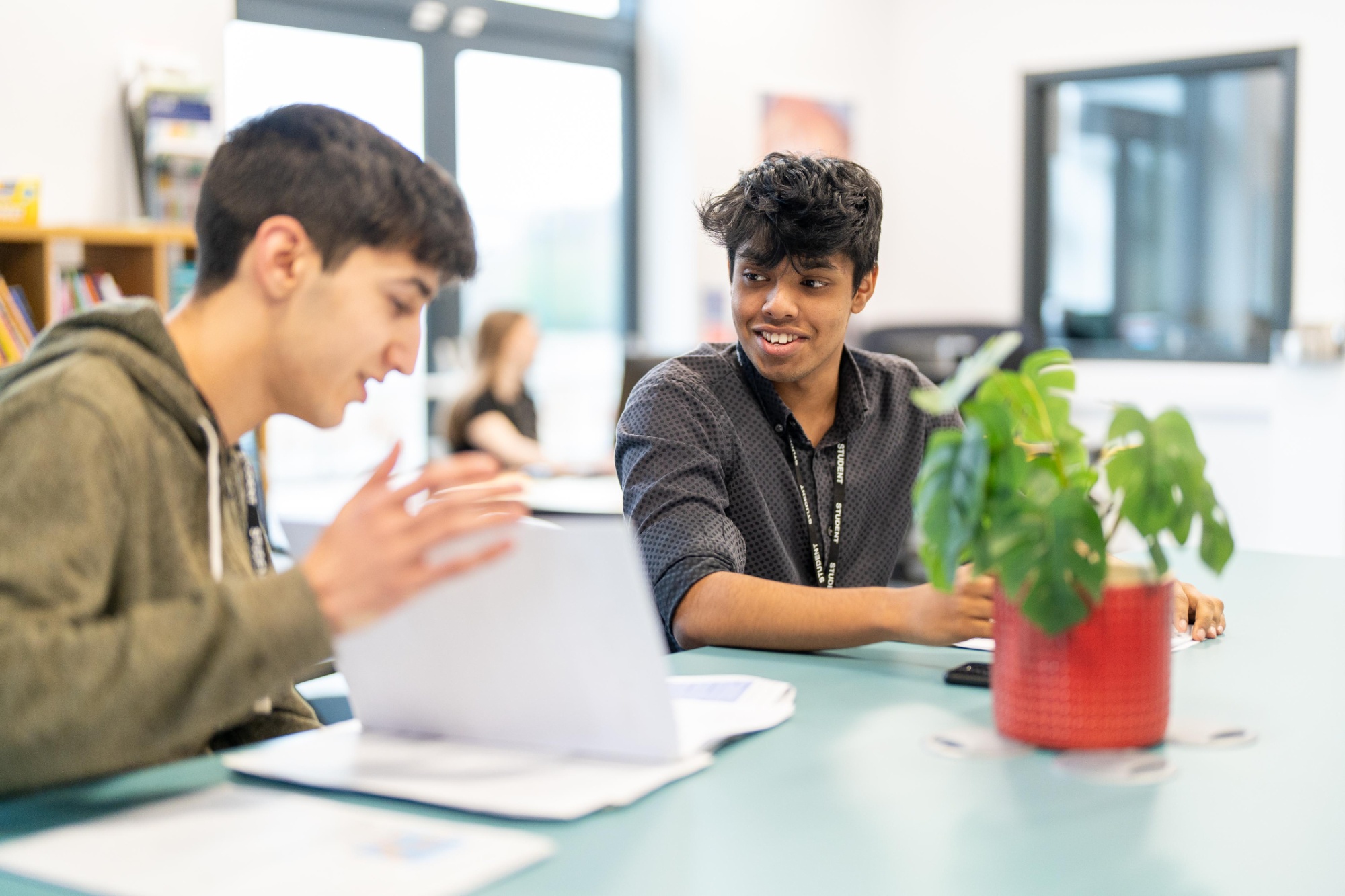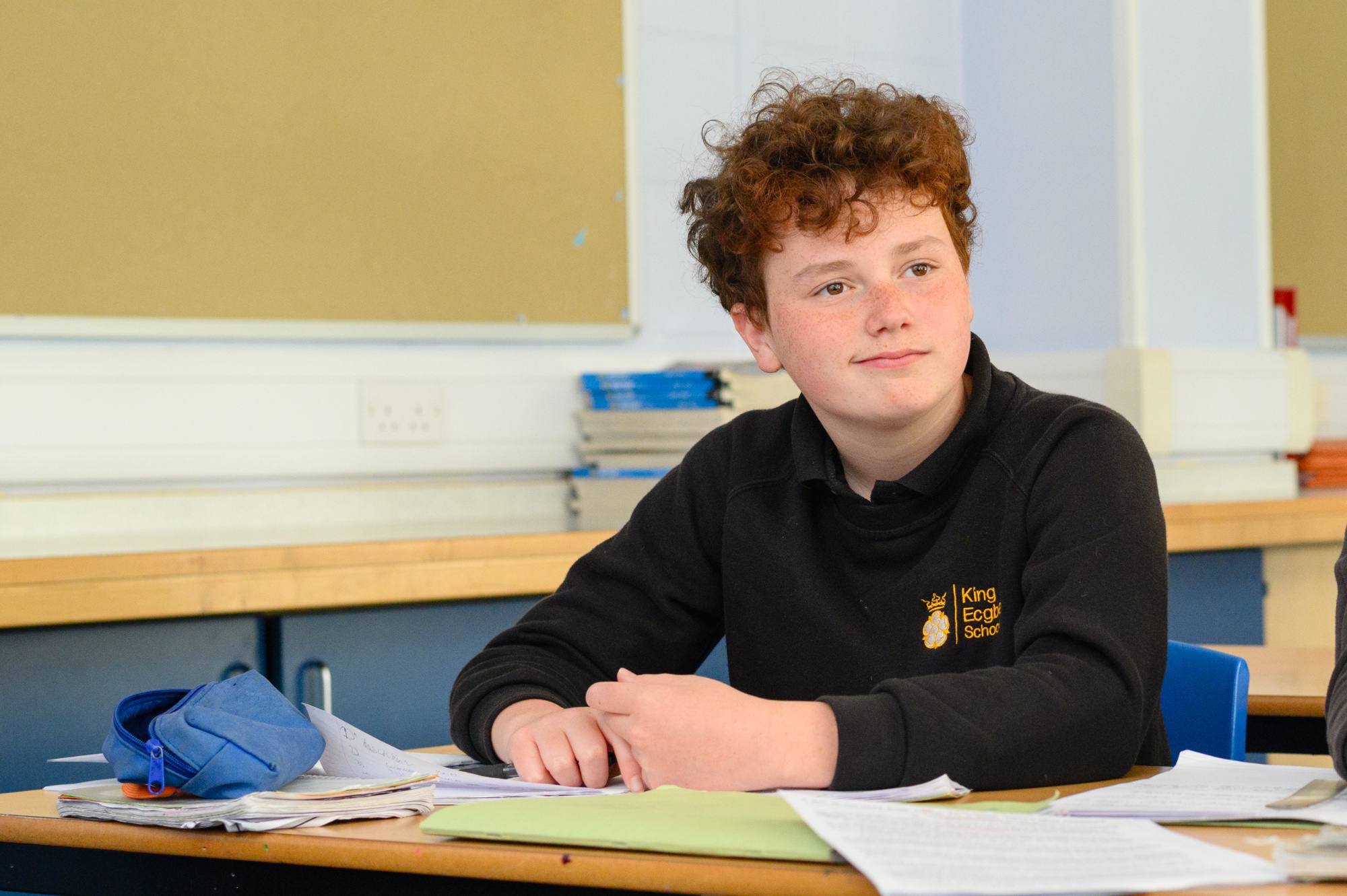Reading
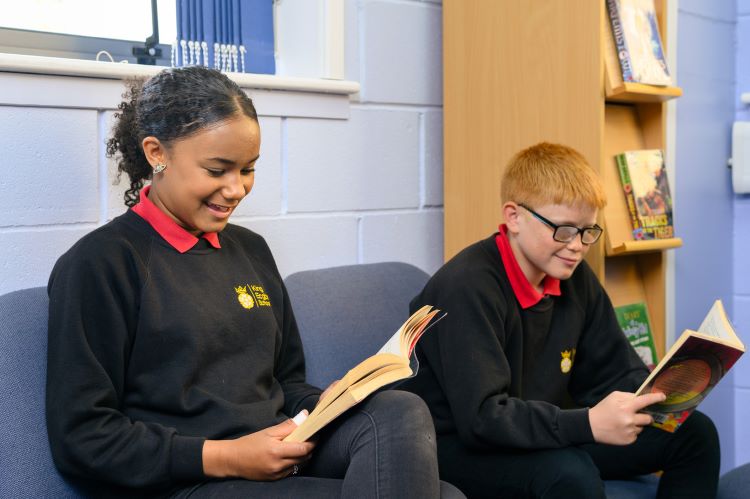
How does the school promote and teach reading?
When students are in school, they get regular reading tasks and opportunities to learn through reading. Teachers at KES use an approach called PRISE (which stands for Predict, Read, Interrogate, Summarise and Enquire). This is a consistent and thorough strategy for approaching any piece of reading. Not all teachers will use all parts of PRISE all the time, but it is likely that students will be using some part of PRISE every single lesson. Teachers also build student vocabulary every lesson to help students tackle more challenging texts, often teaching the new words explicitly to the students.
Students in Y7 and 8 have ‘Accelerated Reader’ which gives students individual guidance to select reading to hone their reading skills and embed the reading habit. Students in Y8 also experience Guided Reading where the whole class reads a book together with their teacher. Also, form tutors read a novel to their forms in two form time sessions a week in an initiative designed to promote reading for pleasure called DEAL (Drop Everything and Listen). For students struggling with reading, or needing to catch up due to time lost over the pandemic years, we have extra interventions including paired reading and additional literacy support.
____________________________________________________________
DEAL books this year...
Here are some of the books students have read, or are reading, this year.
Titles are hyperlinked to Amazon so you can see inside each these books, plus see a synopsis and reviews!
Year 7:
The French Confection - Anthony Horowitz
A Kind of Spark - Ellie McNicoll
Oranges In No Mans Land - Elizabeth Laird
Year 8:
Ghost Boys - Jewell Parker Rhodes
Diver's Daughter - Patrice Lawrence
Windrush Child - Benjamin Zephaniah
Year 9:
Ghost Boys (this year only - see Y8 above)
Year 10:
Convenience Store Woman - Sayaka Murata
Small Things Like These - Clare Keegan
____________________________________________________________
We want all our students to be confident readers
Firstly, there are many benefits from reading for pleasure.
“The research finds that reading for pleasure can result in increased empathy, improved relationships with others, reductions in the symptoms of depression and improved wellbeing.”
Secondly, confident reading is also an essential tool for learning in every subject. Everyone knows that reading is an important part of English, but it is just as important for other subjects. Students need a reading age of 15 or above to confidently read all the questions in GCSE exam papers.
“There is a significant correlation between student reading ability and eventual performance across all subjects at GCSE, which is just as strong in maths and sciences as it is in arts subjects.”
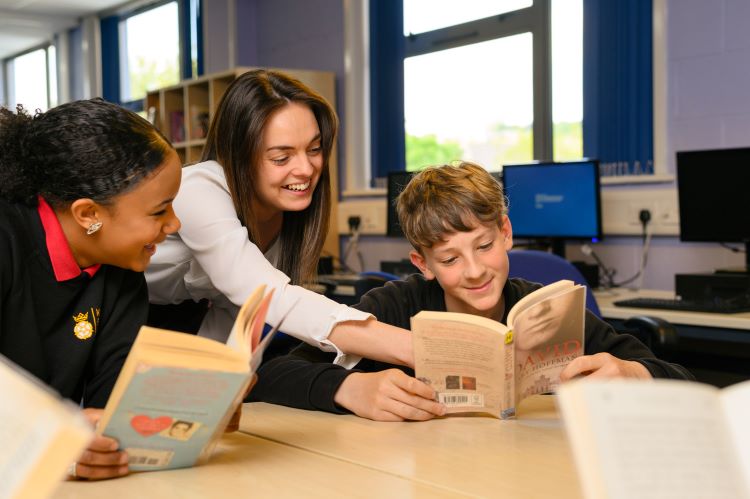
What happens in the summer holiday?
Students who regularly read, will maintain their confidence in reading and continue to improve because they are exposed to new vocabulary. Students who do not read over the summer break often experience ‘Summer Learning Loss’. They may not realise why they find lessons hard after the holidays, but they are finding it harder to follow texts in school because they have not kept up with their reading.
What can parents do?
Encouraging reading outside of school and in the holidays makes a really big difference. We know it isn’t always easy to motivate students to read, or parents may feel that at secondary level they don’t know how to get involved. Help is at hand, please see the reading tips for parents document below.

